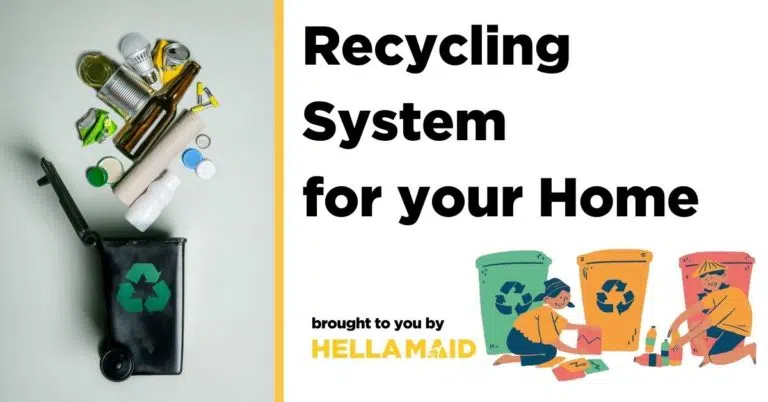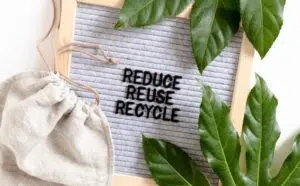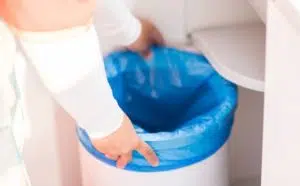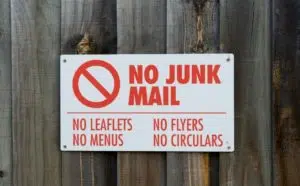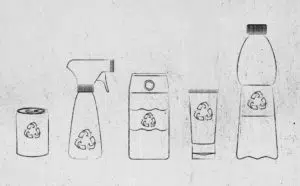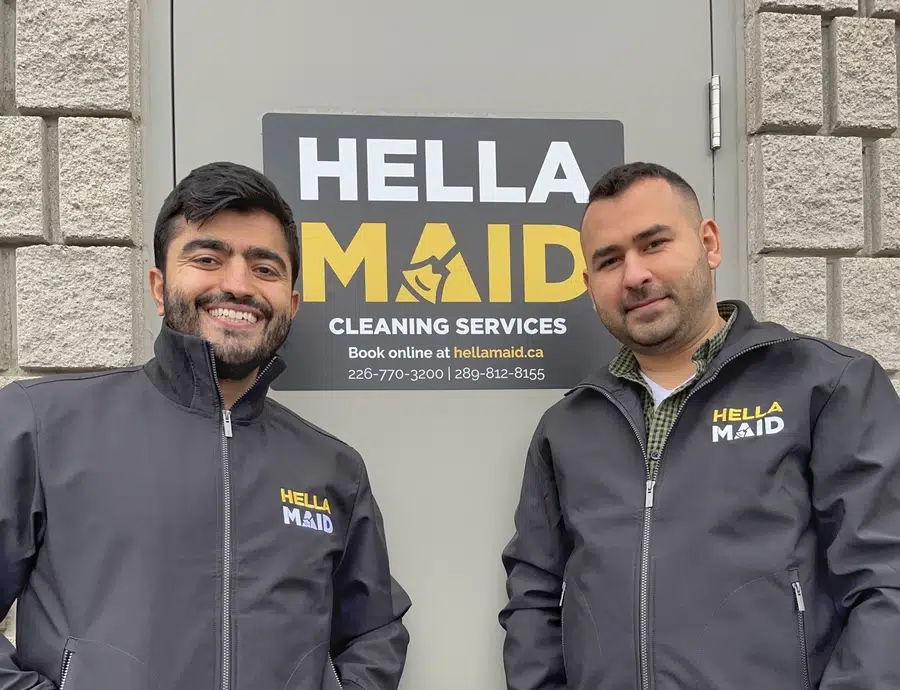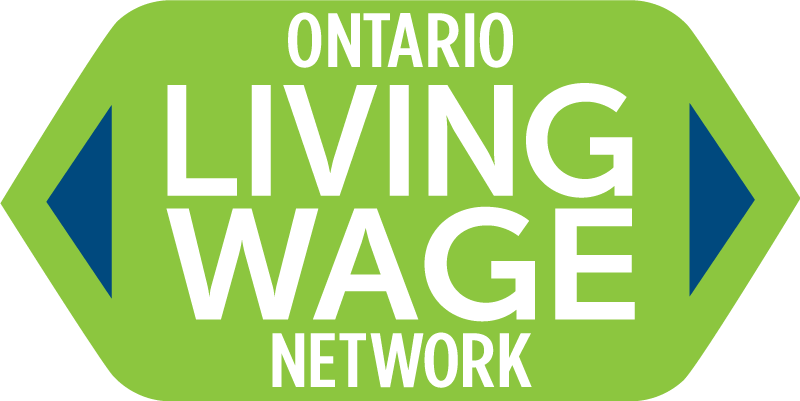Recycling might be tedious at times and nobody likes to spend time segregating plastics or remembering recycling icons but it is an important must. Even though we’ve all heard of the three Rs – Reduce, Reuse, and Recycle – we often fail to put them into practice.
Reduce, as the first R suggests, implies reducing the overall quantity of food and items we consume in order to reduce our carbon footprint. This might include switching to metal or glass straws instead of plastic ones or bringing your drink home in a travel mug rather than buying it at a local café. Every thought and change is significant!
The second R is reuse, which urges us to repurpose goods rather than toss them in the garbage. You have the option of repurposing these products yourself or donating them. You may use old jars to keep stuff in the kitchen or as water glasses, for example.
For a reason, the last R, recycle, has been at the bottom of the list. While recycling is an important part of saving the environment, It should only be used once you’ve tried to minimize and reuse as much as possible. The term “recycling” refers to the process of converting things into natural resources that may then be reshaped into new products. This, however, necessitates a substantial amount of energy, and customers are frequently responsible for adequately washing and sorting recyclable items.
Choosing a zero-waste lifestyle is an option, but it requires even more dedication. However, the advantages to the environment and your wallet may outweigh the costs. Thankfully, there have been methods to make recycling more convenient, such as by building an efficient and simple-to-use recycling system.
These methods will assist you in establishing a recycling system that you can keep to without putting in too much work on a daily basis. Kids and other family members will be keen to participate in your recycling activities as well. A complete recycling system also doesn’t necessitate the purchase of expensive bins and storage bags. Making use of what you already have is a fantastic way to incorporate repurposing into your recycling routine.
1. Make a list of what you’ll need to recycle
There are varying requirements for how recyclables should be sorted and packed in each region. Most establishments, on the other hand, take aluminum, metal food cans, plastic, and glass.
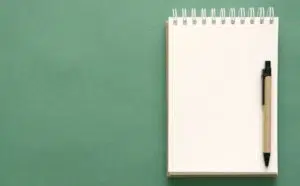
2. Analyze Your Junk
The type and amount of containers you’ll need will be determined by what you use the most.
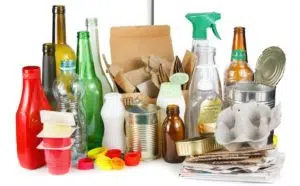
3. Separate into Categories
When you use a recycling container inside your home to separate recyclables, it won’t be hard for you to segregate them when it is time for them to be picked up by your local garbage collector. Also, you become part of a global recycling community dedicated to environmental protection and natural resource conservation. By separating recyclables from the trash, you may avoid wasting raw materials in landfills or energy facilities where recyclables are burnt.
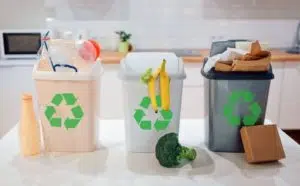
4. Make a Space for It
The storage bin placement is crucial to an effective home recycling system. Set up a comparable storage container system after you know which items your local recycling facility accepts. The garage is an excellent location for the bins, if you use an open carport, the lids must be covered to protect the contents from pests and the wind. Recycling is simple when your system is in place.
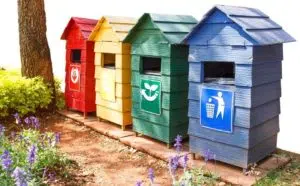
5. Keep a Trash Can Nearby
This one is self-evident! Keep a garbage can accessible for non-recyclable items or food scraps that can clog the bins.
6. Put Up Recycling Instructions
Understand how to recycle common and uncommon materials, as well as how to label recycling containers with a Marker Pen.
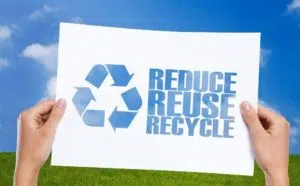
7. Place a ‘No Junk Mail’ Sticker on your Mailbox
You will be surprised by how much garbage you’ll save.
8. Buy Products that are Simple to Recycle
Some items are made in such a way that they can’t be recycled, such as packages wrapped in plastic that can’t be separated from the cardboard. These packets might appear tough to sort in towns that require recycling to be sorted.
9. Keep Track of your Trash and Recycling
Keep track of your recycling to see how far you’ve come. This might be a complicated or straightforward procedure. Simply observe and document your findings. It forces you to consider what you throw out and what you recycle. This applies to the shop, where we may avoid purchasing things that are not recyclable.
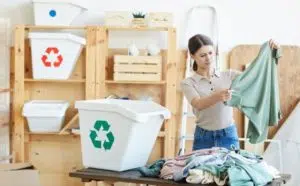
10. Participate
Consider joining the recycling committee of your local waste management board or local planning council. It pays off in material improvements in your life, the health and well-being of your community, and the health of the planet. Participate in the recycling process to guarantee its efficiency.
Here are more easy ways to recycle more efficiently at home:
- Flatten cardboard boxes to allow more recyclables to fit in your container.
- From water bottles to salad dressing bottles, all plastic bottles may be recycled, so put them all in your recycling bin.
- You can recycle more than simply newspapers at home. Wrapping paper, envelopes, birthday cards, and phone books should all be recycled. All types of cardboard, including toilet and paper towel tubes, can be recycled.
- Most metallic household products, such as tin foil and empty spray cans, as well as all empty cans of soda, fruit juice, vegetable juice, and other food cans, are recyclable.
- Keep a spot in your cabinet for recycling when you’re cooking or cleaning. This will make it easy for you to properly dispose of recyclables.
- Stop by the local recycling center on your way out to drop off anything that wasn’t collected by your curbside service. This allows you to include recycling into your daily routine while also teaching your children the value of recycling.
- Check your trash provider’s website if you are ever unclear about what you can recycle. There should be detailed instructions on what is and is not acceptable to place in the recycling container or containers. Most companies also offer applications for your phone that allow you to verify what you can and cannot recycle.
- Glass could be recycled constantly, it will not wear out even after it has been recycled many times, so make sure to recycle your glass bottles and containers whenever possible.
- Clean food waste off from any plastic or glass food containers prior to placing them in the recycle bin to aid your recycling facility and keep bad odors at bay.

